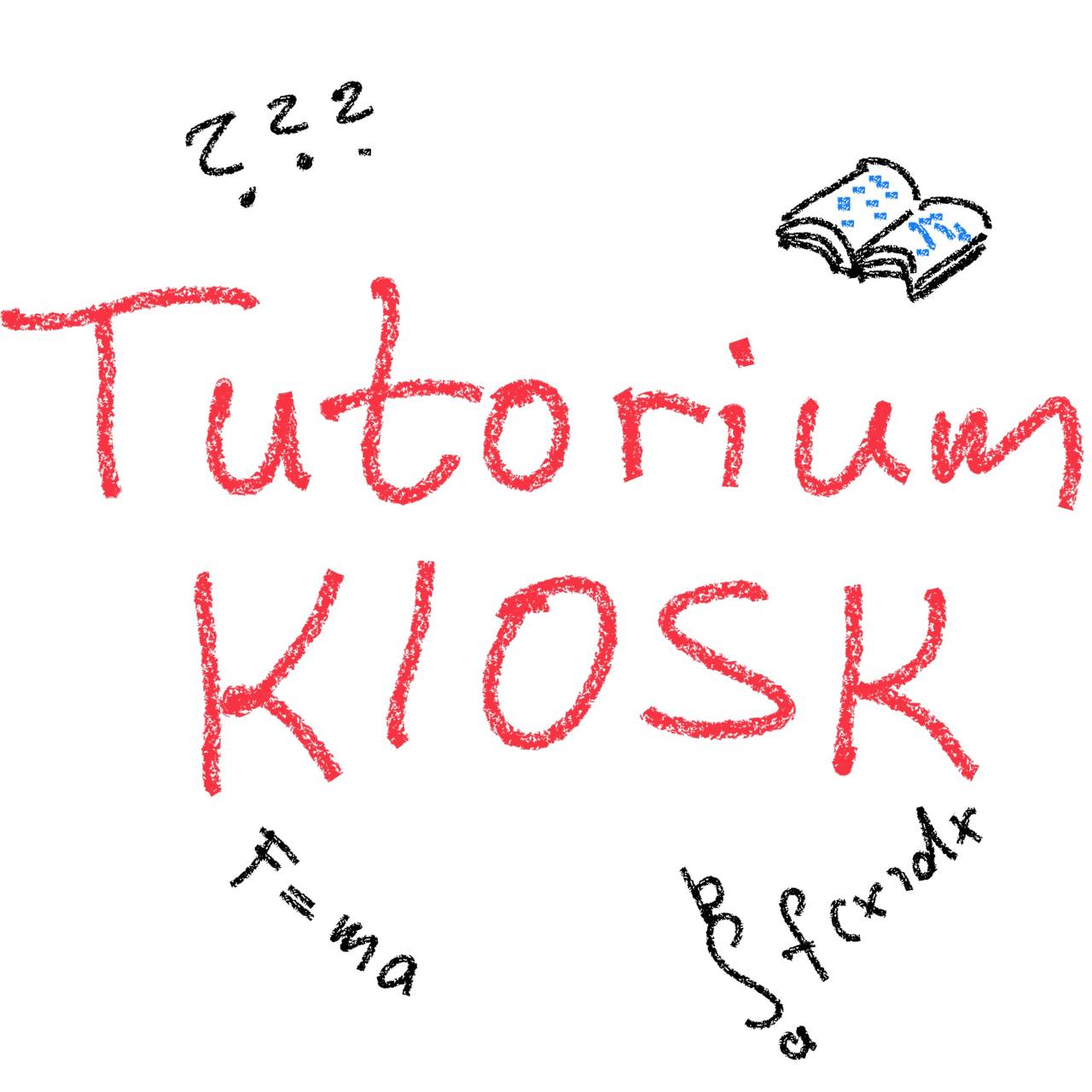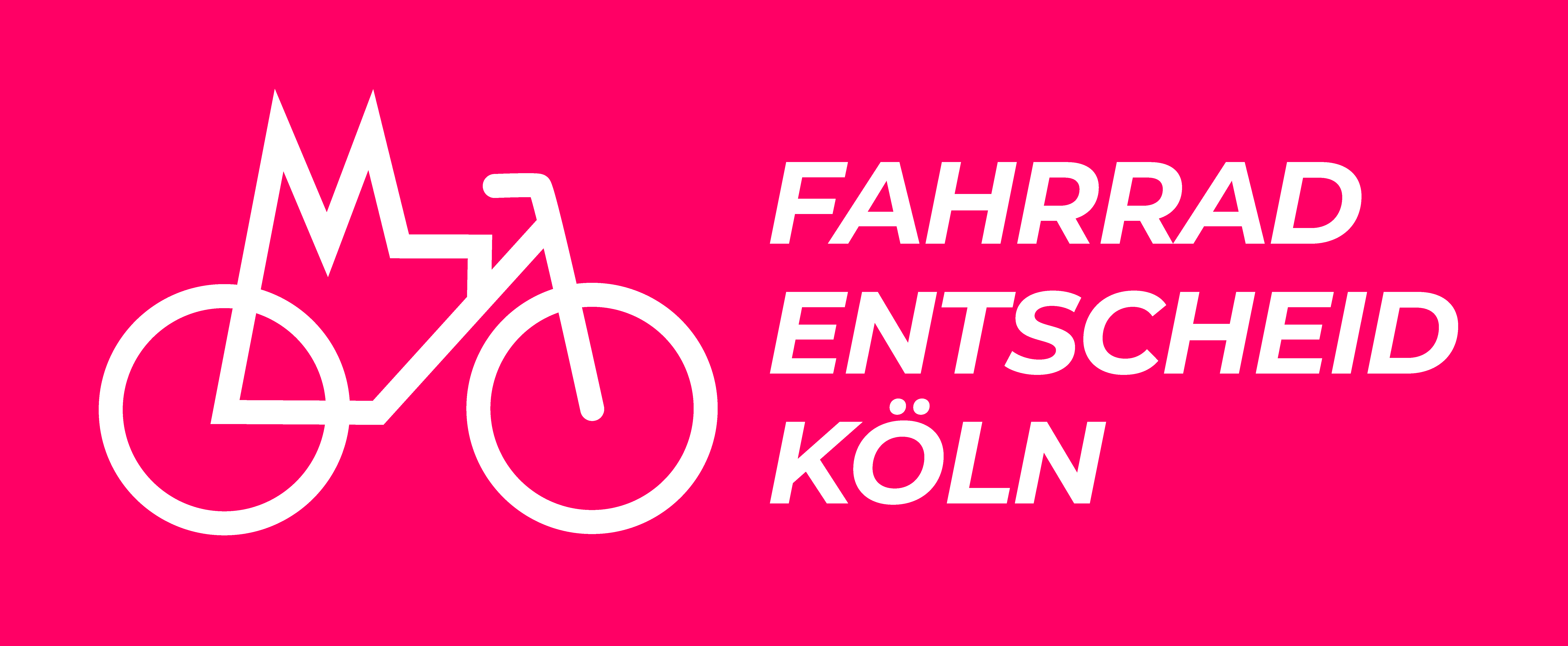BAföG: Jetzt Widerspruch einlegen! – Stand der Auseinandersetzung
Eine der ersten Initiativen der neoliberalen „geistig-moralischen Wende“ von Helmut Kohl 1982 war der Versuch, das BAföG abzuschaffen. Dies wurde von der Studierendenbewegung verhindert, dennoch haben sich die Bedingungen erheblich verschlechtert. Der Anteil der Studierenden, die BAföG bekommen, ist historisch niedrig und die „staatliche Ausbildungsförderung“ ist so schlecht, dass mehr als 1/3 der Studierenden akut von Armut bedroht sind und die soziale Selektion an den Hochschulen wieder zunimmt.
In ihrem Koalitionsvertrag hatte die Ampel-Koalition angesichts zu kleiner, aber kontinuierlicher Proteste, an denen wir uns auch immer beteiligt haben, eine grundsätzliche BAföG-Reform angekündigt. Diese Reform würde angesichts der „Zeitenwende“ fast komplett gestrichen. Die zum nächsten Semester beachlossenen Änderungen sind noch nicht einmal ein Ausgleich der zwischenzeitlichen Inflation.
Nun hat nach dem Bundesverwaltungsgericht auch das Verwaltungsbericht Berlin entschieden, dass das BAföG grundgesetzwidrig niedrig ist, allerdings muss auch noch das Bundesverfassungsgericht entscheiden und in jedem Fall wird es eine Weile dauern, bis sich dies in anderen Regelungen niederschlägt.
Das hat zwei Konsequenzen:
- Bis es eine endgültige Neuregelung gibt, sollten alle gegen jeden BAföG-Bescheid Widerspruch einlegen, um später rückwirkend eine Erhöhung zu bekommen. Dieser Widerspruch muss zu jedem einzelnen Bescheid eingelegt werden und das muss innerhalb eines Monats geschehen, nachdem man den Bescheid bekommen hat. Ein Formular, mit dem das in 5 Minuten geht, haben die Gewerkschaften erarbeitet. Macht das und erzählt anderen davon!
- Ein BAföG, das gerade mal so nicht gegen das Grundgesetz verstößt, ist längst kein gutes BAföG! Deshalb hängt es von uns und unserem Protest ab, ob es eine wirkliche BAföG-Reform, die allen ein unbedrängtes und sinnvolles Studium ermöglicht, geben wird. Deshalb engagiert euch, z.B. in der Fachschaft, wo wir künftig noch mehr an dieser Frage arbeiten wollen.


